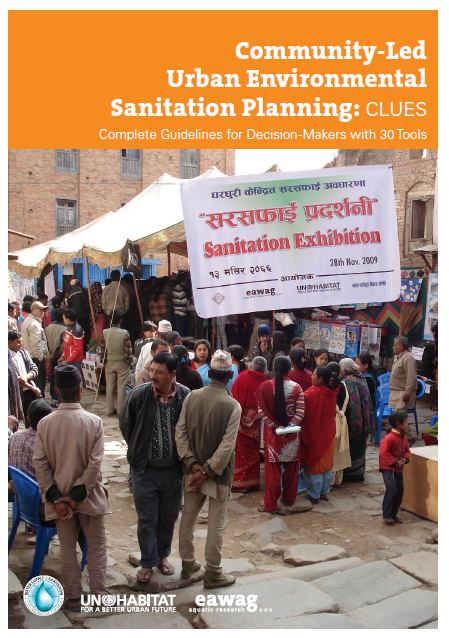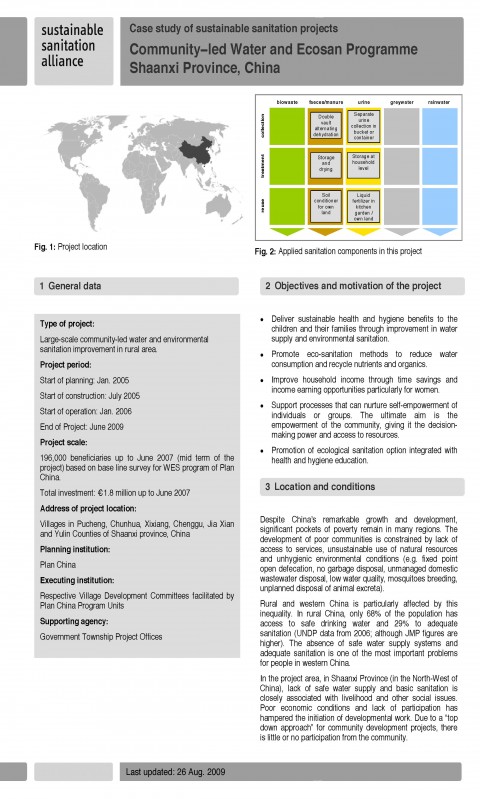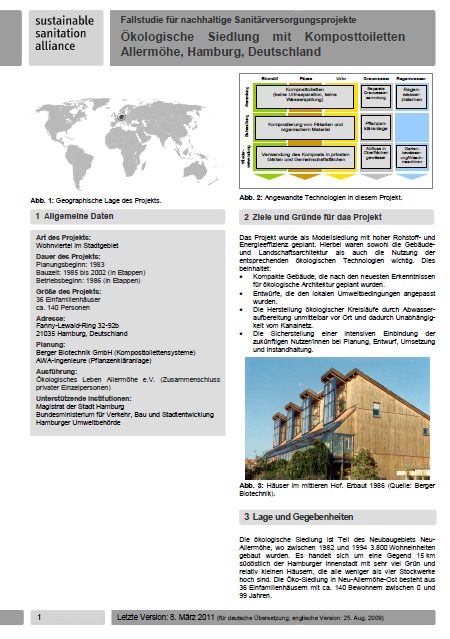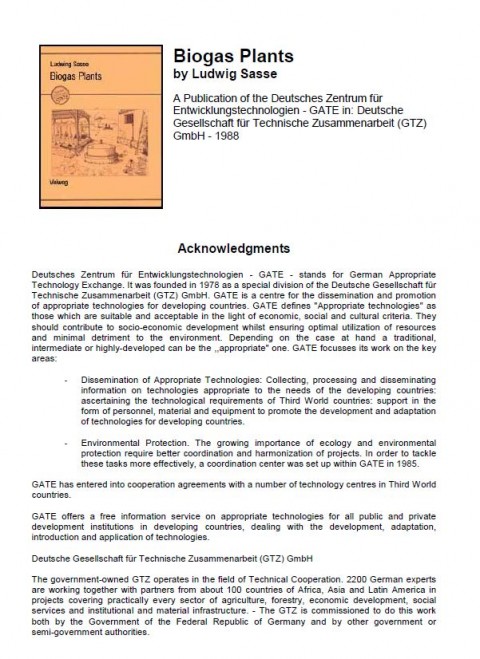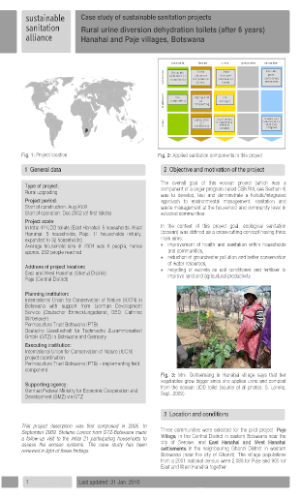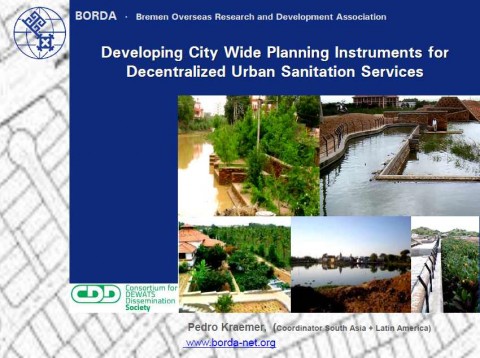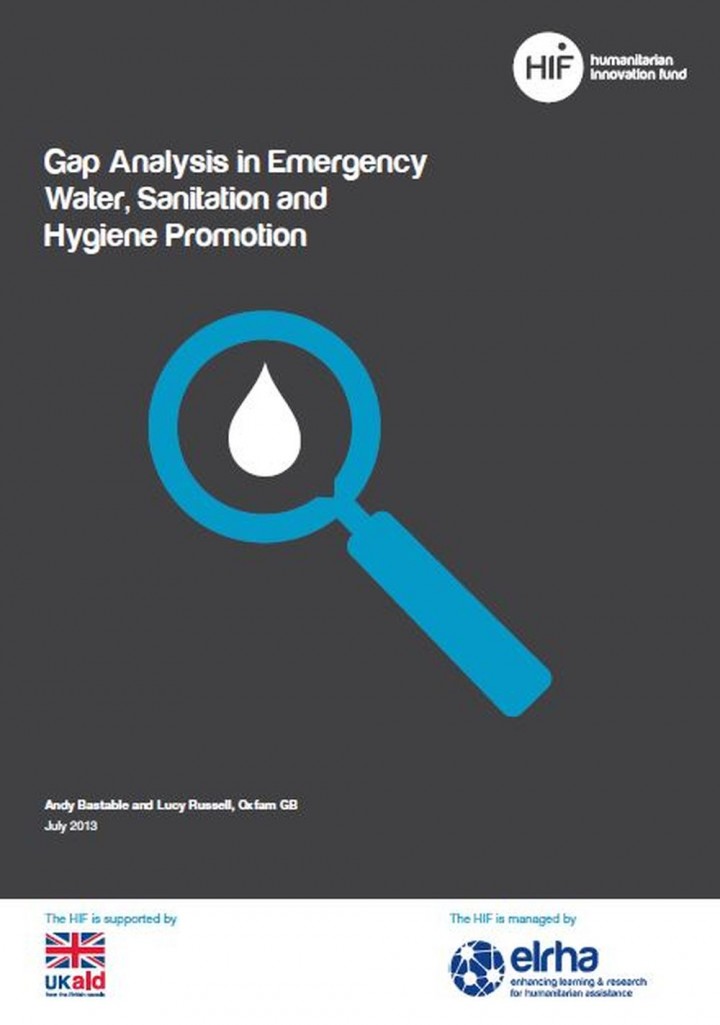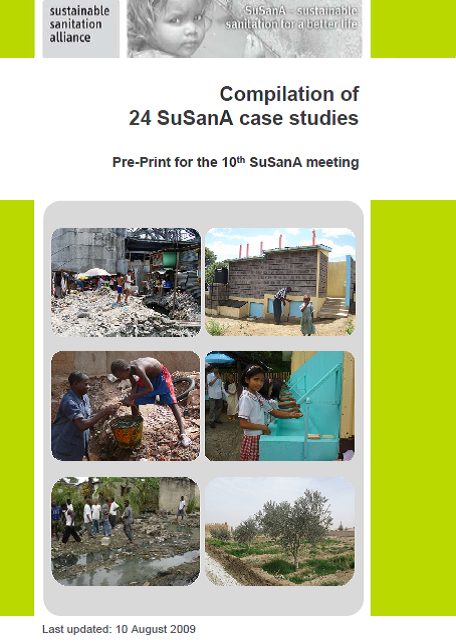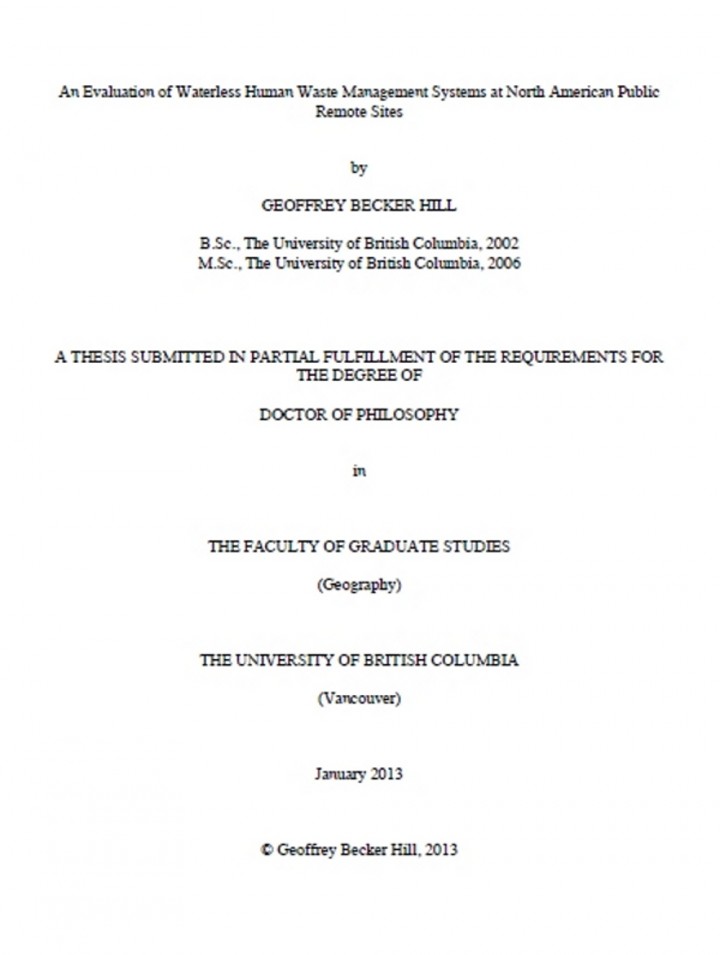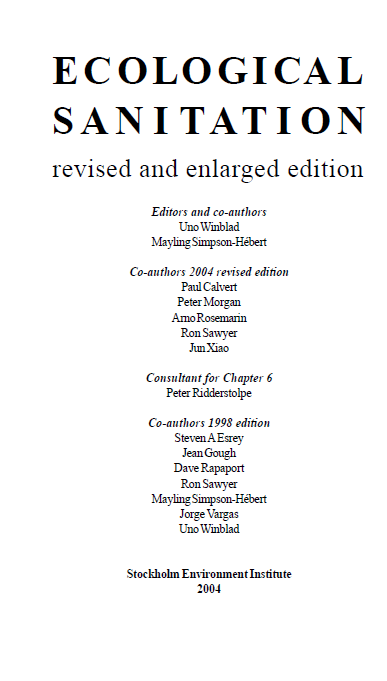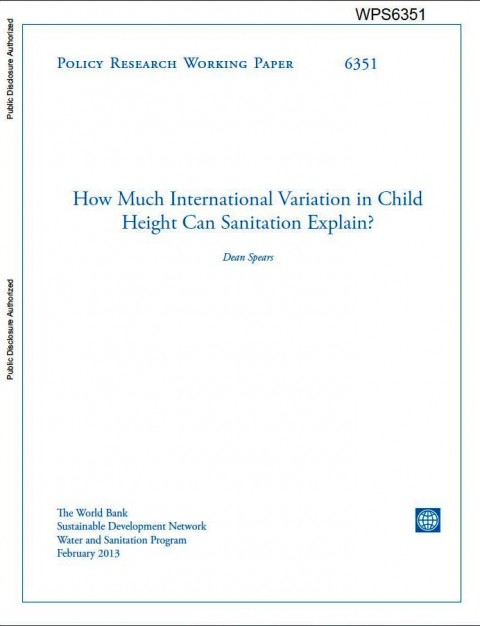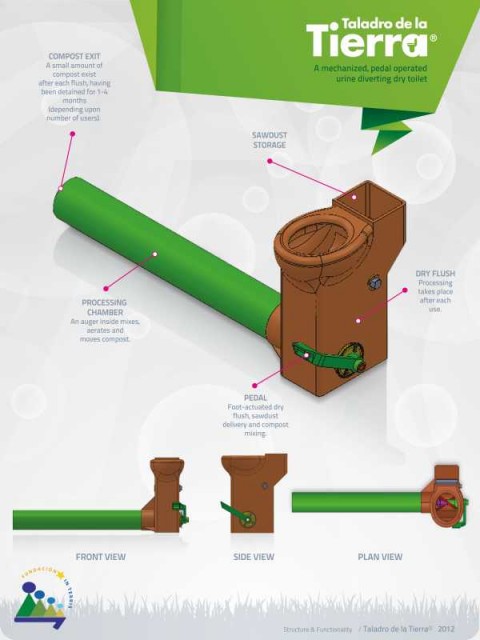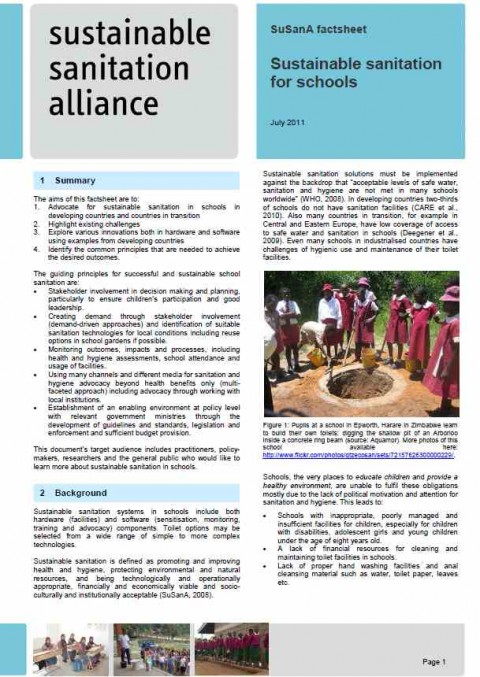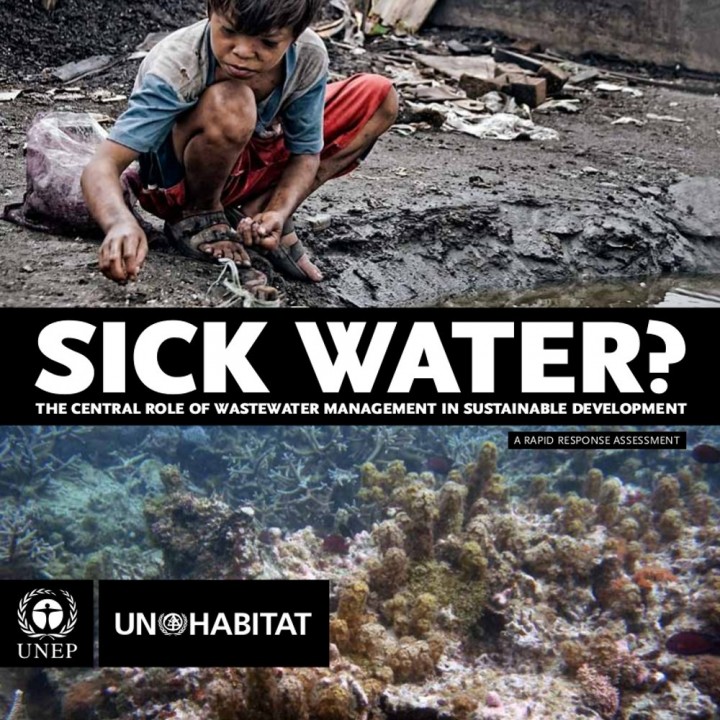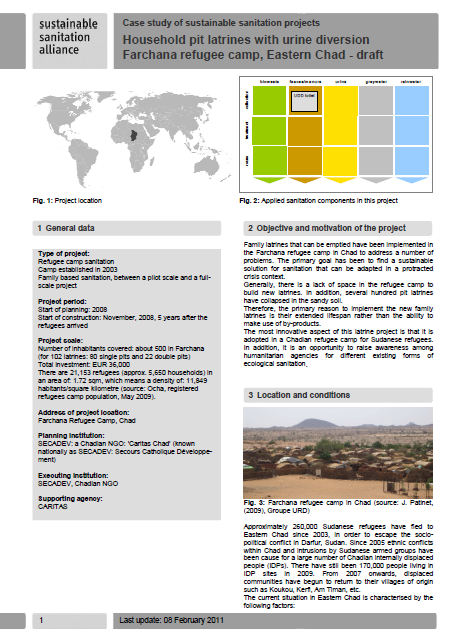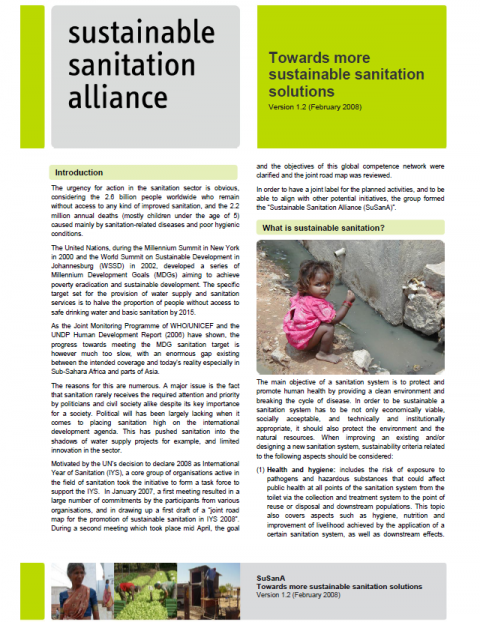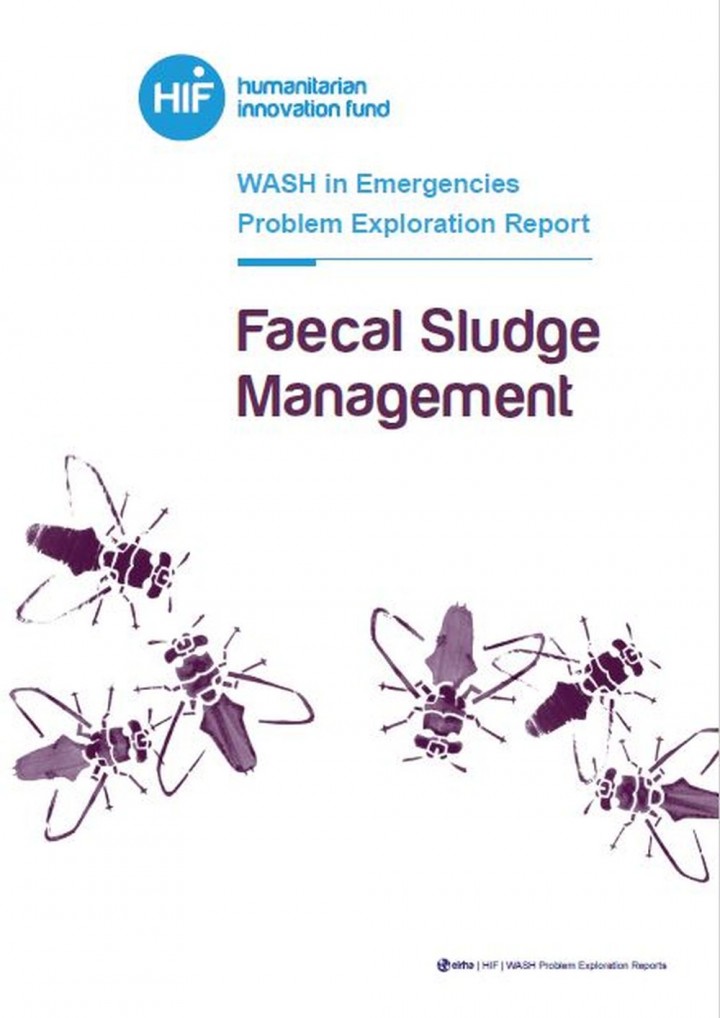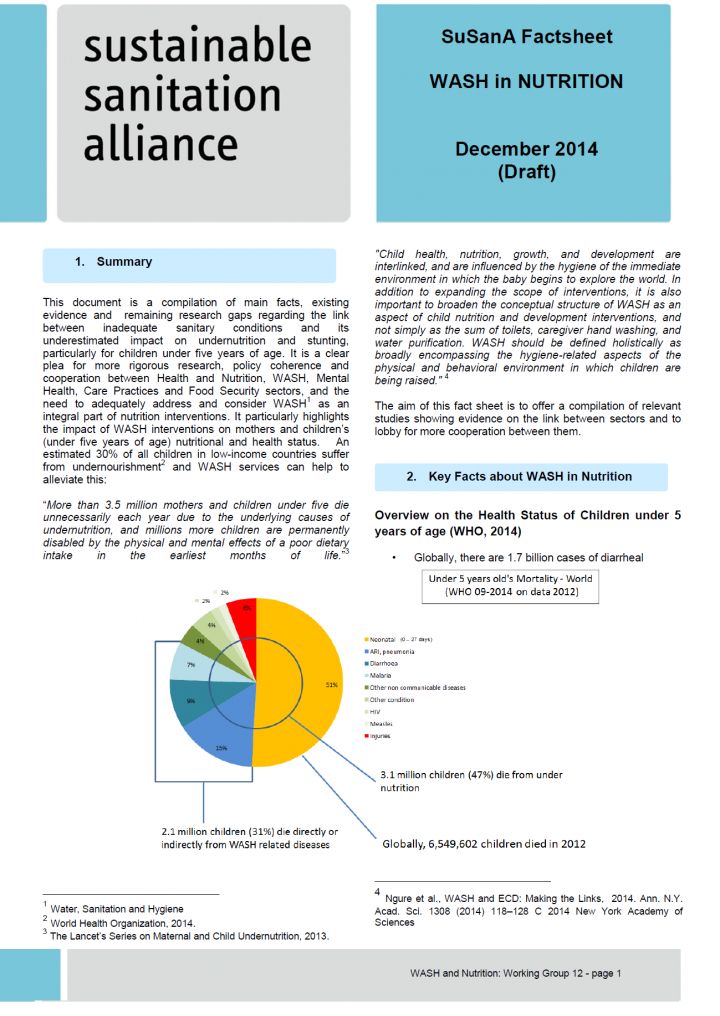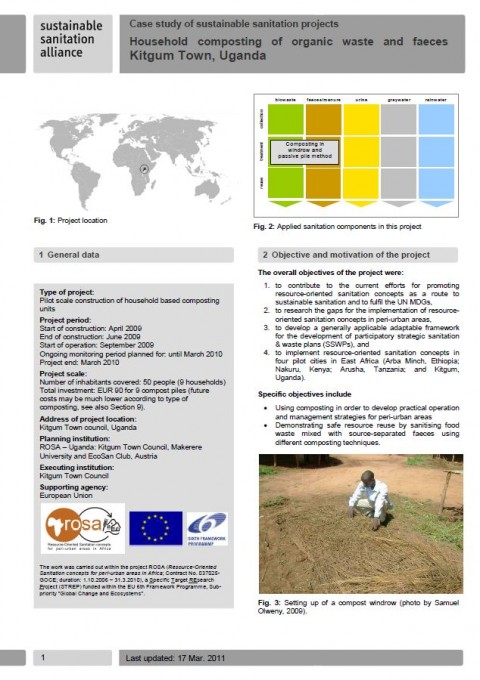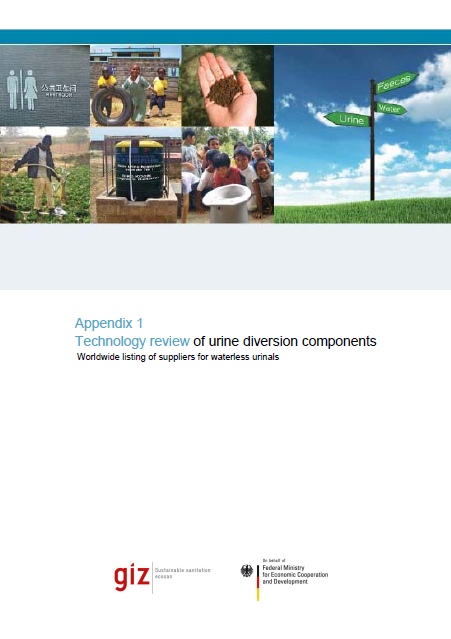Searching for information on Sanitation Workers?
The Sanitation Workers Knowledge + Learning Hub is the best source for all current news, trends, articles and updates on sanitation workers rights around the world.
This case study is about a large-scale community-led water and environmental sanitation project in the rural area of Shaanxi Province, China. Up to June 2007 the project serves approximately 196,000 beneficiaries and has a total investment of € 1.8 million.
Objectives of the project are delivery of sustainable health and hygiene benefits to children and their families through improvement in …
The emergency Water, Sanitation and Hygiene Promotion (WASH) gap analysis project was funded by The Humanitarian Innovation Fund (HIF), a program managed by Enhancing Learning and Research for Humanitarian Assistance (ELRHA) in partnership with the Active Learning Network for Accountability and Performance in Humanitarian Action (ALNAP), and is a component of a larger initiative to identify and …
The absence of sewers and roads at backcountry sites makes the management of human excreta offensive, intensive, and expensive. Proper management is essential in order to prevent deleterious pathogen and nutrient discharge. The dearth of resources, vague certification standards, absence of monitoring, and erroneous popular perception have caused misapplication of systems and mismanagement of end …
The aims of this factsheet are to:
1. Advocate for sustainable sanitation in schools in developing countries and countries in transition
2. Highlight existing challenges
3. Explore various innovations both in hardware and software using examples from developing countries.
4. Identify the common principles that are needed to achieve the desired outcomes.
The guiding principles for …
During the immediate phase of an emergency in an urban context, the implementation of sanitation programmes takes a long time to provide suitable and sufficient facilities for the affected population.
While the emergency response for drinking water programmes has been improved with the design of standardised, rapid deployment kits, sanitation programmes in urban areas are limited to very few …

